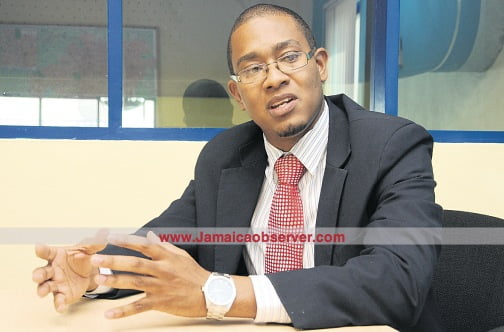
ST JAMES, Jamaica (JIS) – State Minister for Education, Youth and Information, Floyd Green, has underscored the importance of adult education and lifelong learning to the growth and development of the Caribbean’s economies and people.
Green noted that while the region boasts documented supporting research, countries must act to ensure this conclusion materialises.
In this regard, the State Minister has endorsed a proposal for speedy implementation of revised United Nations Educational, Scientific and Cultural Organization (UNESCO) recommendations for the advancement of adult learning and education.
The recommendations address prevailing educational, cultural, economic, political, and social challenges.
The proposed action plan was mooted during UNESCO’s just concluded International Conference on Adult Education (CONFINTEA VI) Sub-Regional Follow-up Caribbean Meeting, in Montego Bay.
Green, who addressed the closing ceremony at the Hyatt Ziva Rose Hall Hotel on Friday, also cited the need for ongoing collaboration involving stakeholders in the Caribbean Community (Caricom) and wider Diasporas to support the advancement of adult education.
“As a region, we must ensure that the benchmarks and best practices emerging are validated (and) that adult and lifelong learning is viewed within the context of general education, technical vocational education and training (TVET), special education and literacy, as we continue to train our people for the future,” he said.
Additionally, Green said regional states must continue to conduct research which identifies new trends and subjects that will become relevant in schools, and tailor institutions’ curricula to meet the needs of constantly changing workforces.
The two-day conference, which was attended by Education Ministers, Permanent Secretaries and senior education professionals from 14 Caribbean countries, was held under the theme: ‘Enhancing Lifelong Learning Opportunities for Youth and Adults’.
Green commended UNESCO for providing the forum that facilitated the participants’ deliberations, thereby enabling them to make decisions which were expected to benefit the region over the medium to long-term.
Notable among these, he said, was a proposal for the appointment of a regional ‘Champion Education Minister’ to lobby support for and oversee implementation of the UNESCO recommendations.
[Source:- BSERVER]


